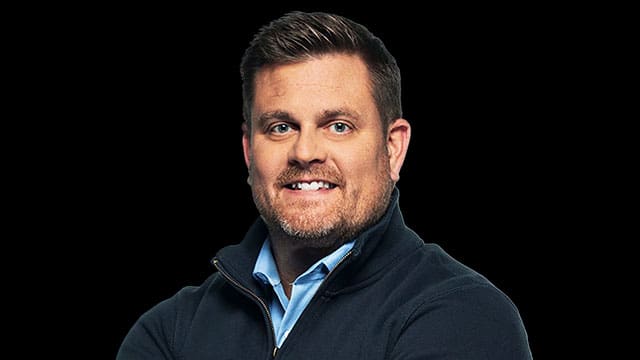CEO Brian Thompson’s murder sparks questions about justice and morality

For interview requests, click here
On Dec. 4, United Healthcare CEO Brian Thompson was murdered in New York City. What has happened since is worthy of serious reflection, especially as we approach Christmas.
Thompson’s alleged killer is a 26-year-old man named Luigi Mangione. He was arrested five days later while eating at a restaurant in a neighbouring state. The motive for the murder seems clear: Thompson’s shooter left three bullets at the scene with the words “deny, defend, depose” written on them, mimicking a mantra often associated with American private health care corporations: “delay, deny, defend.”
For those who believe in the sanctity of human life and that all killing is wrong, it would be easy to judge Thompson’s alleged killer. It would also be easy to join the corporate media’s chorus condemning ordinary Americans who celebrate Mangione as a folk hero.
 United Healthcare CEO Brian Thompson |
| Recommended |
| Transform social media into a force for good this Christmas season
|
| Christian convert hunted by Islamists seeks asylum in Canada
|
| Faith brings out the best in us
|
Rather than judge, I prefer to observe with curiosity and examine my conscience honestly. Despite my professed belief in the sanctity of human life, I’ve watched movies and cheered when someone is killed. Quentin Tarantino has a way of making me uncomfortable. Didn’t I love it in Inglourious Basterds when Hitler and other Nazis were killed? How about when slave owners and their enablers were gunned down in Django Unchained?
This raises a troubling question: Are Americans so frustrated with their privatized healthcare system that they see someone like Thompson as a villain of similar moral gravity? Despite pleas from patients and their doctors, United Healthcare allegedly denies one-third of claims while making billions in profit. People may have suffered or even died because of these policies. While his murderer should be prosecuted to the fullest extent of the law, do I have the right to judge the schadenfreude of ordinary Americans, especially as a Canadian whose taxes cover essential health care?
This entire situation highlights the lack of moral consistency in our world. If we truly believe that all human life is sacred, why are so many people dying indiscriminately, and why are those responsible not held accountable? Consider the bombs dropped from planes, killing innocent children, or the commanders who order these strikes. What about the politicians who drain public funds to finance these acts or the weapons manufacturers who profit from them? Even ordinary people, through their votes or investments, can be complicit.
Perhaps we do not honestly believe in the sanctity of human life and care only about amassing wealth for ourselves.
Last Christmas, I reflected on a nativity display at a church in Bethlehem where the baby Jesus was wrapped in a Palestinian keffiyeh, surrounded by rubble. This year, a similar nativity scene was displayed in Vatican City, the seat of the world’s largest Christian church. The message is not subtle: The Christmas story reminds us that God chose to enter the world as an innocent baby, a symbol of humanity’s shared vulnerability and dignity.
We all began as babies. God lives in each of us and our neighbours, and the Bible could not be clearer: “Whatever you did for the least of these brothers and sisters of mine, you did to me.”
History does not look kindly on those who profit from the suffering of others. The French Revolution erupted because the ultra-rich ignored the pain they caused ordinary people. In contrast, U.S. President Franklin Roosevelt enacted reforms to alleviate the suffering caused by the Great Depression, avoiding a similar reckoning in America. Let’s hope our current leaders understand this lesson.
Whether or not our leaders genuinely value human life and recognize its sanctity, we can still choose to do so.
Merry Christmas.
Gerry Chidiac specializes in languages and genocide studies and works with at-risk students. He received an award from the Vancouver Holocaust Education Centre for excellence in teaching about the Holocaust.
The views, opinions, and positions expressed by our columnists and contributors are solely their own and do not necessarily reflect those of our publication.
© Troy Media Troy Media is committed to empowering Canadian community news outlets by providing independent, insightful analysis and commentary. Our mission is to support local media in building an informed and engaged public by delivering reliable content that strengthens community connections, enriches national conversations, and helps Canadians learn from and understand each other better.
